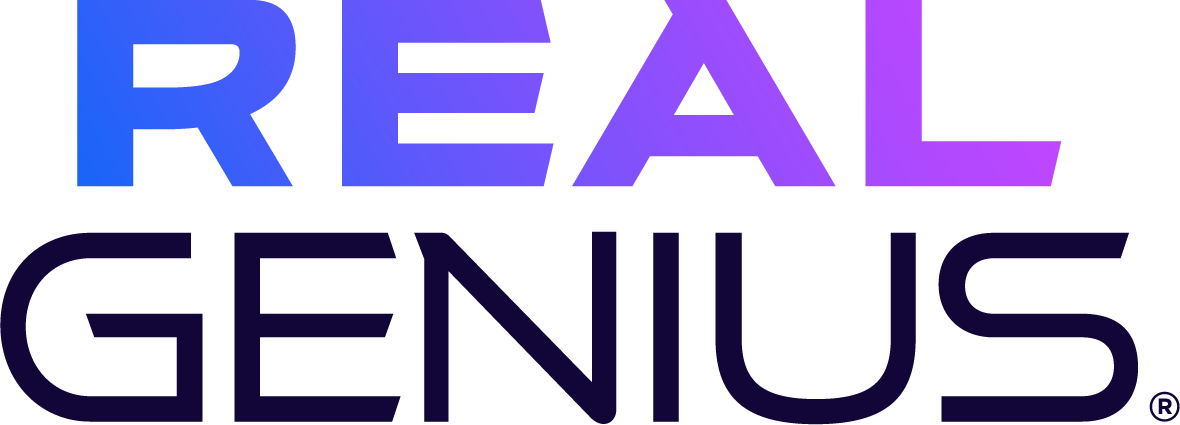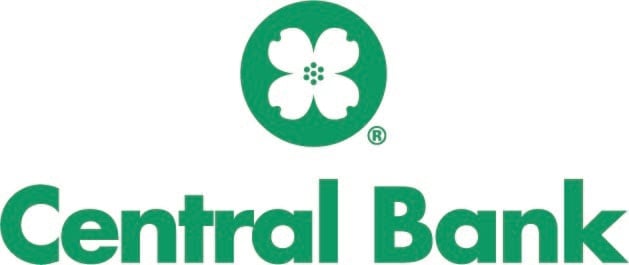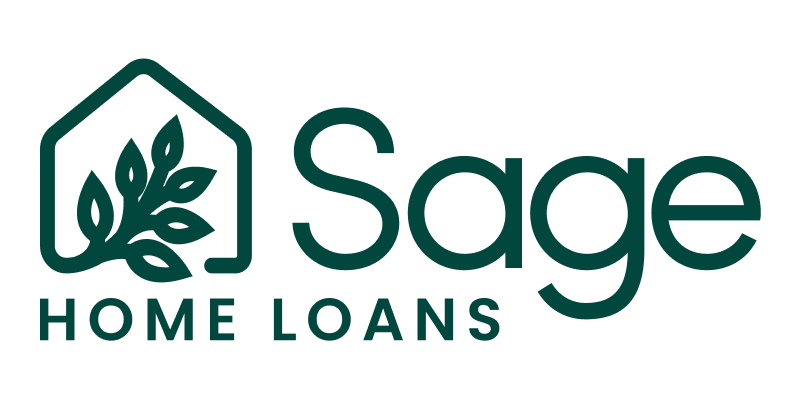Compare Today’s Refinance Rates | Friday, February 27, 2026
Rates are current as of February 27, 2026 7:14 PM EST
APR 5.38%
0.00% 1wAPR 5.21%
0.00% 1wAPR 6.92%
0.31% 1w
NMLS#1880338
APR
5.82%
APR
5.82%
Interest rate
5.75%
Est. mo. payment
$2,043/mo
Total fees
$2,800
Next Door Lending is a wholly-owned subsidiary of NerdWallet
Show details
The Nerdy headline
Next Door Lending, a mortgage broker, offers expert assistance shopping for and closing a loan, as well as specialty loans at competitive rates. Mortgages are not available in every state.
- Offers a variety of loan types, including first-time buyer programs and loans for self-employed borrowers.
- Real-time rate quotes available while working with a broker.
- Responsive customer service.
- Competitive pricing often available, especially for non-traditional borrowers.
- Does not publish interest rates online.
- No mortgage mobile app.
- Loans are not available in every state.
Show details
The Nerdy headline
Better provides a seamless and easy-to-navigate application process and generally offers lower mortgage rates than average. VA loans are available in some states.
Cash-out refinancing
NerdWallet rating4.5
- Offers a program allowing qualifying buyers to make cash offers.
- Makes it easy to see customized mortgage rates.
- Average interest rates are on the low end compared to other lenders, according to the latest federal data.
- Doesn’t offer USDA loans.
- VA loans are not available in every state.
- Doesn't offer home equity loans.
Show details
The Nerdy headline
Home loans overall
NerdWallet rating
4.5
- Offers a variety of mortgage options, including jumbo loans, and FHA and VA loans.
- Offers home equity loans and lines of credit.
- Displays customized rates, with fee estimates, without requiring contact information.
- Doesn’t offer mortgages in all 50 states.
- Home renovation loans are not available.
Show details
The Nerdy headline
Midwest-rooted Central Bank offers an online application, which you can track via mobile app. But you’ll have to contact the bank for mortgage rates.
Home loans overall
NerdWallet rating
4.0
- Among the best when it comes to online convenience.
- Offers a full selection of mortgage types and products, including jumbo, home equity, and government loans.
- Claims to offer preapproval within 24 hours of loan application.
- You'll have to complete a loan application to see mortgage interest rates.
- Bank branch locations limited to the Midwest.
- Does not offer home equity lines of credit.
Show details
The Nerdy headline
Simplist is an online marketplace of mortgage lenders; human guidance is optional. You’ll make payments to a loan servicer, not to Simplist. Loans are not available in every state.
Home loans overall
NerdWallet rating
4.5
- Loan origination process can be completed online.
- Offers government-backed FHA and VA loans.
- Offers module that compares mortgage rates among other lenders.
- Offers loans in many states and Washington, D.C., but not nationwide.
- Does not offer home equity loans or lines of credit.
Show details
The Nerdy headline
Sage Home Loans stands out for speed and convenience, though it lacks a mobile app and doesn’t serve New York borrowers.
Home loans overall
NerdWallet rating
4.5
- Sample rates are easy to browse online.
- Quick, convenient pre-qualification process.
- Average time to close is just under 20 days, faster than industry standard.
- Home loans aren’t available in New York.
- No mobile app or online chat, despite focus on mortgage tech.
- Online pre-qualification requires sharing contact info.
Show details
The Nerdy headline
Farmers Bank of Kansas City lets you browse rates and apply online, but branches are Kansas-only. Get discounts by using the bank’s partner real estate network.
Home loans overall
NerdWallet rating
4.5
- Displays customized rates, with fee estimates, without requiring contact information.
- Offers home equity loans and lines of credit.
- Mortgage origination fees are on the low side compared to other lenders, according to the latest federal data.
- Doesn’t offer government-backed FHA or USDA loans, or adjustable-rate mortgages.
- Home renovation loans are not available.
- Mortgage rates are on the high side compared to other lenders, according to the latest federal data.
Show details
The Nerdy headline
NBKC Bank charges relatively low mortgage rates and fees and offers a range of loans with a convenient online application. About one in five NBKC mortgages are Veterans Affairs loans, which are available to eligible service members and their families. Construction-to-permanent loans and home equity lines of credit are limited to the Kansas City area.
Cash-out refinancing
NerdWallet rating5.0
- Displays customized rates, with fee estimates, without requiring contact information.
- Efficient customer service over the phone or through online chat.
- Physical branches are limited to the Kansas City metro area.
See more options
About these rates: The lenders whose rates appear on this table are NerdWallet's advertising partners. NerdWallet strives to keep its information accurate and up to date. This information may be different than what you see when you visit a lender's site. The terms advertised here are not offers and do not bind any lender. The rates shown here are retrieved via the Mortech rate engine and are subject to change. These rates do not include taxes, fees, and insurance. Your actual rate and loan terms will be determined by the partner's assessment of your creditworthiness and other factors. Any potential savings figures are estimates based on the information provided by you and our advertising partners.
Explore historical refinance rate trends
See how rates have changed over time to understand past patterns and economic fluctuations

Historical timeline
Loan purpose
Loan type
National average 5.38%
Today's average refinance mortgage rates
| Product | Interest rate | APR |
|---|---|---|
| 30-year Fixed | 5.17% | 5.38% |
| 30-year Fixed FHA | 5.88% | 6.69% |
| 30-year Fixed VA | 5.13% | 6.61% |
| 20-year Fixed | 7.75% | 7.83% |
| 15-year Fixed | 4.88% | 5.21% |
| 10-year Fixed | 6.69% | 7.07% |
| 3-year ARM | 4.13% | 4.87% |
| 5-year ARM | 5.95% | 6.92% |
| 7-year ARM | 5.88% | 6.53% |
| 10-year ARM | 5.17% | 5.38% |
Accurate as of 02/27/2026.
Data source: ©Zillow, Inc. 2025. Use is subject to the Terms of Use
Today's refinance mortgage rates | Friday, February 27, 2026
Getting the Best Refinance Rates: How to Shop and Compare



Kate Wood
Abby Badach Doyle
Michelle Blackford
Jeanette Margle
How to find today’s refinance mortgage rates
How does a mortgage refinance work?
How do you get the best refinance mortgage rate?
- Interest rate
- Estimated closing costs and other fees
- Your credit score: In terms of factors you can alter, your credit score is front and center for influencing the mortgage refinance rate you will receive. Check your credit report before refinancing to make sure there aren’t any errors. Build your credit score before refinancing by paying your bills on time and keeping credit utilization low.
- How much debt you have: For a conventional loan refinance, lenders usually want a debt-to-income ratio of no more than 36%. Your DTI is the amount of debt you pay each month divided by your gross, or pre-tax, monthly income.
Nerdy Tip
How much does it cost to refinance a mortgage?
- Origination fee
- Appraisal fee
- Discount points, which are an optional fee that brings down your interest rate (learn when it makes sense to pay for discount points)
Nerdy Tip
How long does it take to refinance a mortgage?
Reasons to refinance your mortgage
- Reduce your interest rate. If rates have dropped since you bought your home or your credit score has improved, a rate and term refinance may allow you to reduce your monthly mortgage payment. A lower interest rate could also save you a considerable amount of cash over the life of the loan.
- Pay off your mortgage quicker. You can pay off your loan faster by refinancing from a 30-year mortgage to a 15-year mortgage, for example. While your monthly payments will rise, shortening your loan term could dramatically reduce the amount of interest you'll pay.
- Tap into your home equity. With a cash-out refinance, you take out a new mortgage for more than your current loan balance. You receive the difference between the two amounts in cash, which you can use as you like. A cash-out refinance can be risky because you're getting a larger loan with your home as collateral, so it's generally considered safest to use the proceeds for something that improves your bottom line. For example, a major renovation could add to your home's value.
- Switch from an adjustable-rate to a fixed-rate mortgage. If you want more payment stability, you can refinance your adjustable-rate mortgage to a fixed-rate mortgage. After a specified amount of time, the rate on the ARM may adjust higher, while the rate stays the same with a fixed-rate loan.
- Eliminate private mortgage insurance. If you bought your home with less than 20% down on a conventional loan, your lender likely required you to take private mortgage insurance, or PMI. This protects the lender in the event you default on the loan. If you’ve gained enough equity in your home, you can refinance to eliminate the PMI. However, it may make more sense simply to pay for an appraisal to cancel your mortgage insurance early.
- Cancel FHA mortgage insurance. Refinancing is usually necessary to remove FHA mortgage insurance, which is determined by the amount of your down payment, not your equity. Going from an FHA loan to a conventional loan allows you to drop FHA mortgage insurance. But be sure you'll have at least 20% equity, so you don't end up paying private mortgage insurance.
- Add or remove a borrower from the loan. Changing who's on the mortgage doesn't alter who owns the property — that's what the title or deed is for — but it does affect who's on the hook for the home loan. Generally, if you want to remove someone from your home loan and that person is still living, you'll have to refinance. (This could be necessary in a divorce, for instance.)
At what interest rate should you refinance?
Learn more about refinancing your mortgage:
More mortgage tools and resources
Latest mortgage news and analysis
View rates by loan type or state
Get even more specific with rates personalized to your situation







